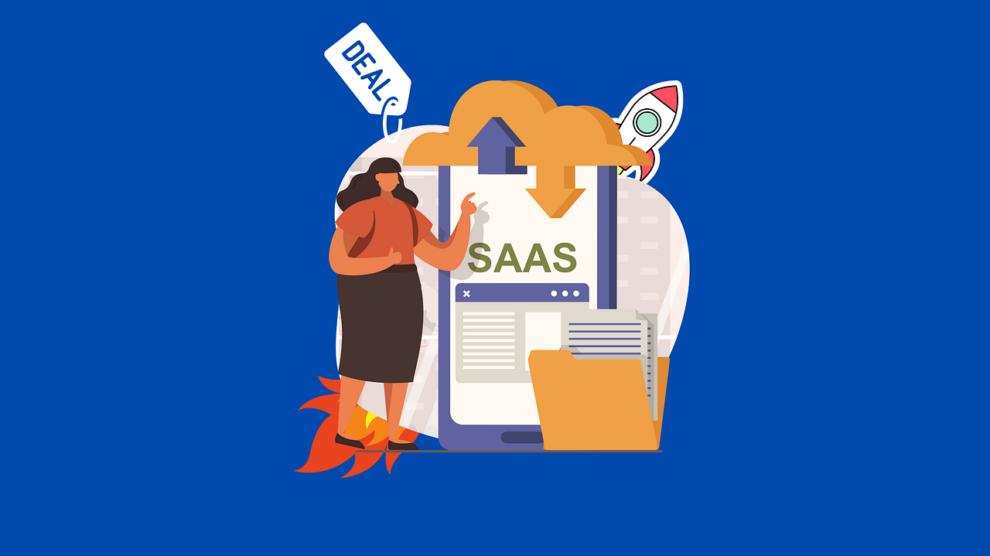The practice of using a network of remote servers that are hosted on the internet rather than a personal computer or local server to manage, store and process data is called cloud computing.
Basically it is the on demand availability of the computer resources including data storage, computing power and the availability of data centers without any direct management by the users.
Cloud computing not only solves the problem of having an in-office demand of the sources, it also provides various services to users with least complications. The way the internet grants access to remote users, cloud computing grants access to software, infrastructure, and platforms.
Small businesses do clutter while choosing the best cloud hosting service for themselves but the problem enlarges when it comes to technical acronyms like SaaS, PaaS and IaaS.
But before choosing one, it is important to know what these services are for and what perks your small business will get after choosing them.
SaaS, PaaS, and IaaS
SaaS also known as Software as a service refers to any cloud based software that is used on a computer or any device. The software is licensed on a subscription basis and is centrally hosted.
As the remote working process grows with time, SaaS is becoming a need for most businesses especially those provisioning software services. The solution is used by a lot of homes as well as businesses around the world to provide easy access of different software to remote locations. The most vast SaaS usage is seen in human resources, finance and customer service industries where more people use software services. Some of the most used examples include Google Docs and Evernote
Advantages of SaaS
- The CRM (Customer relationship management) applications can be used for better customer service, customer relationship management and provide increased customer satisfaction.
- The HCM (Human capital management) software helps in improved hiring, development of employees and better training.
- SaaS applications can further improve product sales, better collaboration and develop operational costs.
PaaS
PaaS provides platform service to the customers to manage, run and develop applications. Organizations use PaaS to integrate inbuilt functionality with already existing products, services or solutions. Other organizations use PaaS to create a few new products and add more value to existing products.
The basic advantage of PaaS applications is that it allows cutting development costs and research costs and easily takes products to the market.
Advantages of PaaS
- PaaS is used for building applications much more quickly than can be built with developers.
- PaaS provides new capabilities to in-house development teams and reduces the need to hire more staff.
- PaaS allows developers to use pre-built software components that makes it easy to build applications with less coding.
- Using the PaaS platform, app development and deployment becomes easy with the available reusable components.
IaaS
IaaS or Infrastructure as a service provides virtual computing storage, space and resources with the help of a host. IaaS can provide infinite scalability to an individual or organization which allows businesses to scale their infrastructure as required.
With growing tech advancements like Business Intelligence analytics, Internet Of Things, Artificial Intelligence and the availability of cloud based products in businesses, it is possible to avail IaaS applications easily and quickly. Since it means Infrastructure as a service, this means that businesses can increase or decrease their infrastructure without building internal servers for support and storage.
Advantages of IaaS
- IaaS provides increased business performance and decreased capital expenditures.
- With IaaS, it is possible for businesses to scale up or scale down as per their needs. This provides more scalability and flexibility.
- IaaS provides increased support for disaster recovery and allows business continuity.
The three mentioned cloud services are well explained with their advantages. If businesses need to select one, they have to choose according to their needs of scalability, infrastructure or service.





